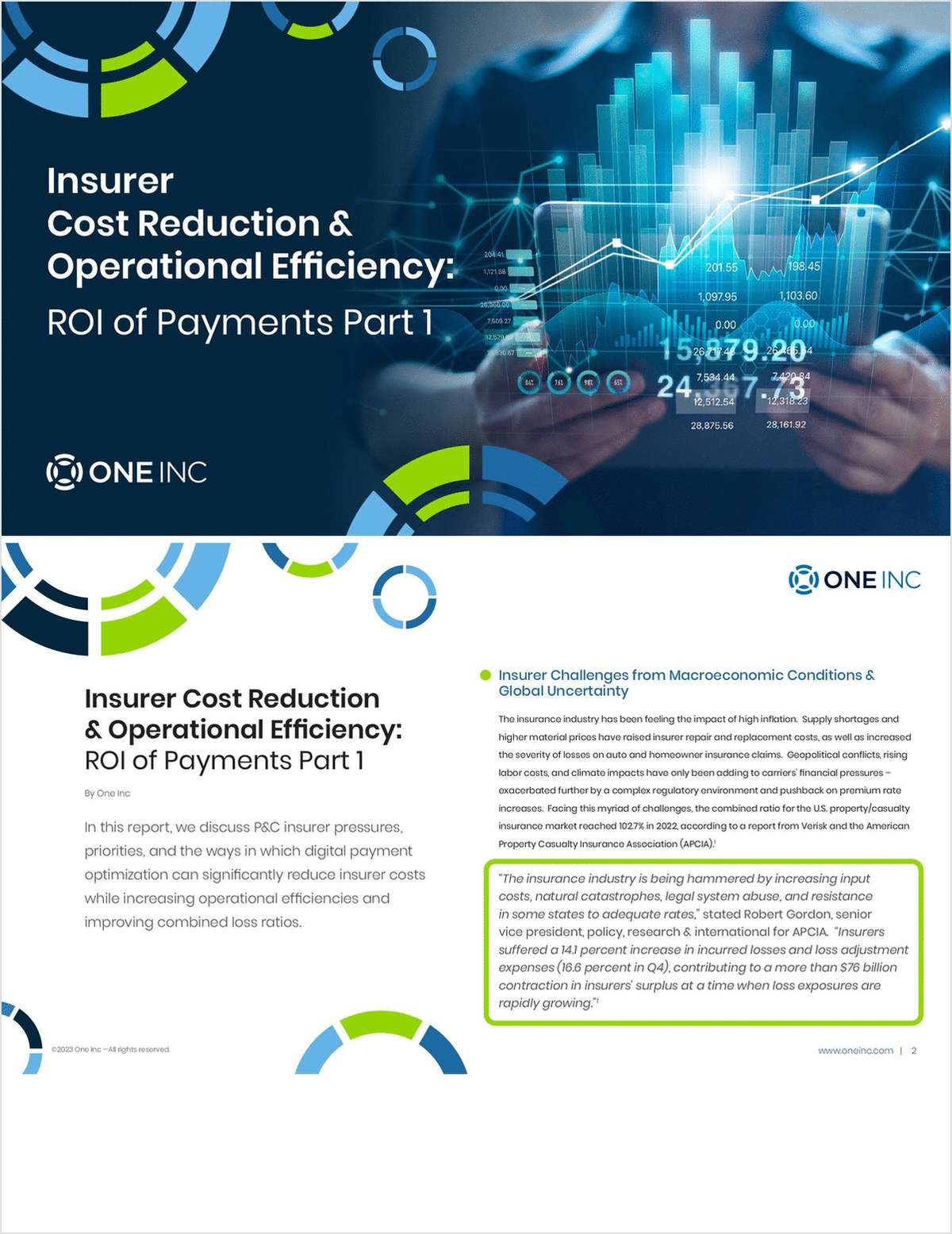Government seizure of energy fields in Latin America could mean insurance losses for those carriers who provided economic loss coverage to energy corporations, experts said.
The latest shock for private energy corporations came yesterday with Bolivia's seizure of the country's energy fields, sending troops into the region and demanding Brazil's energy giant Petroleo Brasileiro, or PetroBras, share more of its revenues with the country.
According to press reports, Bolivia's President Evo Morales gave foreign corporations 180 days to renegotiate contracts or leave the country.
Insurers do not know the full extent of Bolivia's expropriation, but it would have a negative impact on future economic insurance placements, said Roger S. Schwartz, senior vice president of Aon Trade Credit, part of Aon Risk Services, a branch of the Chicago-based insurance broker Aon.
"It is a bit too early to know the full extent of the seizures," noted Mr. Schwartz. "We do not know if any compensation has been offered, or if they will renegotiate the contracts."
There still could be violations of international law, depending on the negotiating process, but ultimately "it is clear that this is not good for underwriters with exposures there," he said.
Mr. Schwartz explained that underwriters would be subject to a claim if the properties are confiscated with inadequate or no compensation. However, he speculated that PetroBras, which is government owned, probably does not have insurance coverage against such losses.
Latin America has a long-standing history of corporate property confiscation, Mr. Schwartz noted--an event considered low frequency, but high severity.
In terms of economic risk coverage, he said this incident appears to be part of a cycle in Latin America. Some governments appear to be shifting from privatization back to government intervention and ownership. Ecuador is cited as another Latin America country that may make a strong left turn, he noted.
However, because many governments in Latin America have pursued private investing to build their economies, risk managers have been more interested in securing insurance to cover other risks such as terrorism and supply interruption, while confiscation cover has been on the decline. At least when it comes to Latin America, there may be some purchasing shifts, he said.
"Risk managers in a company are working with a premium pool that allows them 'X' amount to purchase," said Mr. Schwartz. "Economic risk purchase is considered discretionary coverage, and they have to carefully consider where it is best spent."
Want to continue reading?
Become a Free PropertyCasualty360 Digital Reader
Your access to unlimited PropertyCasualty360 content isn’t changing.
Once you are an ALM digital member, you’ll receive:
- Breaking insurance news and analysis, on-site and via our newsletters and custom alerts
- Weekly Insurance Speak podcast featuring exclusive interviews with industry leaders
- Educational webcasts, white papers, and ebooks from industry thought leaders
- Critical converage of the employee benefits and financial advisory markets on our other ALM sites, BenefitsPRO and ThinkAdvisor
Already have an account? Sign In Now
© 2024 ALM Global, LLC, All Rights Reserved. Request academic re-use from www.copyright.com. All other uses, submit a request to [email protected]. For more information visit Asset & Logo Licensing.








